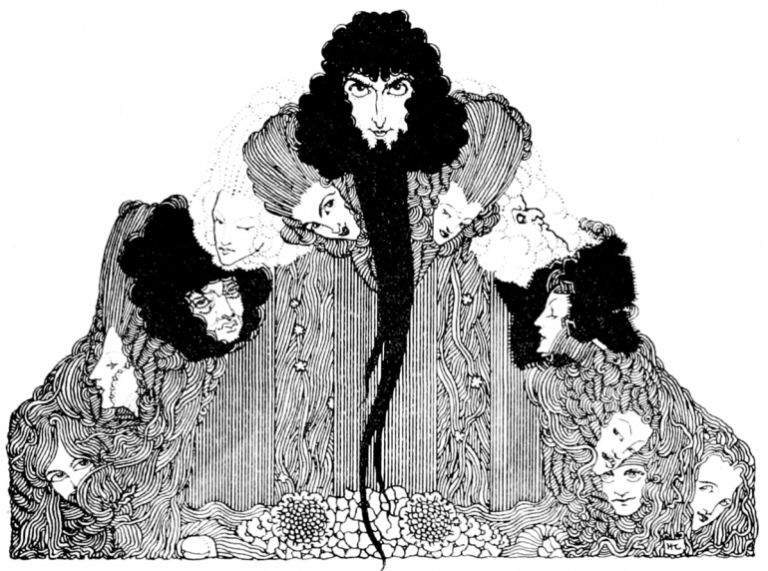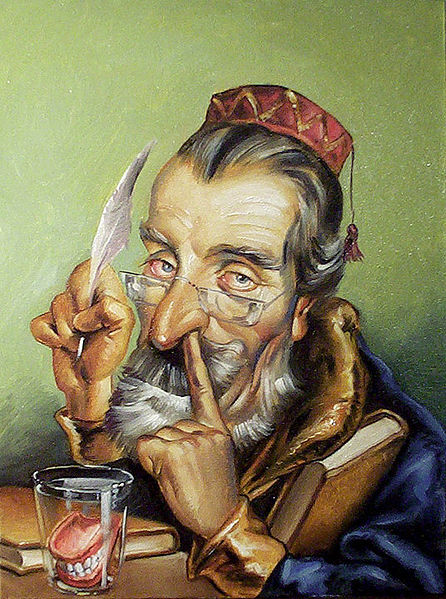Time’s Arrow and the Stories We Tell Ourselves
Martin Amis’s 1991 novel, Time’s Arrow, is a striking exploration of the Holocaust through an unconventional narrator, allowing it to explore the psyche of Nazi ideology. In this short novel, we follow Tod T. Friendly, or at least some element of his subconscious, living his life from death to birth. The world around him moves through time normally, while the narrator, experiencing Tod’s life but unable to direct it, travels backwards. What is concealed from the reader for most of the novel is that Tod T. Friendly was once Odilo Unverdorben, a Nazi scientist who contributed to the Holocaust.
The opening of the novel details Tod T. Friendly’s death—in reverse, as the narrator awakens, a consciousness trapped in a body that is supposedly his but one he cannot control. He is confused by the world around him, as speech is garbled nonsense and people appear to act in irrational ways, such as picking up trash from the streets or paying a doctor to make them ill. While the narrator has no knowledge of the life he has lived, he appears to have some amount of semantic knowledge: he claims to be “equipped with a fair amount of value-free information, or general knowledge, if you prefer,” making him “not a complete innocent”—a line that later comes to hold a much more sinister meaning. He understands what would make sense, and understands that his life does not. The reader is encouraged to sympathize with him, not only due to his place as the narrator, making him the supposed protagonist, but also through his wit and humor. He makes many astute observations about the baffling actions occurring across the world, describing domestic, daily activities in unfamiliar and often humorous ways—for example, as he sees it, eating a meal is a vile exercise of regurgitation, followed by “cooking” the food back into its original ingredients; using the bathroom is, as you might imagine, a somewhat traumatizing experience. The narrator is the underdog, confused and blameless.
It is later in the novel that the sympathy felt toward the narrator is disrupted, as the narrative propels backwards into the Second World War, during which the narrator’s host was a Nazi scientist at Auschwitz. It is here that we must begin to question whether the narrator is innocent after all, as although he cannot control the actions of his host, he seems eager to defend his actions and cannot see the truth beyond the backwards narrative he witnesses.
After over a hundred pages of getting to know the narrator and his host’s life, of sympathizing with his compromised and confusing position, the reader sees Odilo Unverdorben arrive to work at Auschwitz. The narrator, having been unable to find sense in a world that is literally backwards, now claims “the world is going to start making sense” at a time in history when it in fact made very little. Now, rather than Odilo’s kind actions appearing unkind in reverse, the horror he inflicts registers in the narrator’s eyes as beautiful. He witnesses the victims of the Holocaust emerging from gas chambers, being given clothing, and being sent away from Auschwitz with their families. The dramatic irony here is, of course, that the reader knows the truth. Having been trained by Amis’s novel thus far to reinterpret every action as its reverse—for example, babies do not disappear but are born; doctors do not cause illness but treat it—the reader now does so automatically and cannot help but see the tragedy in the narrator’s warped interpretation of the Holocaust. As Sam Jordison writes in a review for the Guardian, “Where war becomes a process of redemption and healing, an unarguable point is made about the real thing’s horror and idiocy.”
There is also a point being made here about ideology and its power. While Amis presents the Holocaust as quite literally backwards, only able to make any sense in a world in reverse, he also demonstrates some key elements of the Nazi ideology. The Nazi party members were staunchly eugenicist, believing that the “Aryan race”—a term used largely as a pseudo-scientific justification for distinguishing white Europeans from Jewish, Romani, and Black people—were a “master race,” biologically and morally superior to other groups. As such, “doctors who served in the concentration camps reported that they believed themselves to be doing humanity a kindness; removing malignant tissue for the good of the body as a whole,” as Matthew Selwyn explains, claiming that Amis’s depiction of this way of thinking is “a comment on the Nazi’s perverse understanding of progress.” Thus, the narrator’s understanding of the Holocaust as an act of creation, concerned with the preservation of life, is consistent with the intentions of the Nazi scientists who conducted it, as abhorrent as those ideas were.
What Amis demonstrates through his character is not merely a misunderstanding of the world around him, but an inability to assess it critically. While the narrator is smart and deductive, he often makes mistakes interpreting what he sees, which can lead to comical misinterpretations, as already explored. He is clearly not an inherently bad person, as morality in fact means a lot to him: early on he says, “I can’t tell— and I need to know—whether Tod is kind,” and this concern over whether his host is a good person persists throughout the novel. What is tragic is that the narrator’s desire for finding moral truth doesn’t extend beyond the surface layer of what he perceives, and as such, he makes fatal moral errors, such as seeing the Holocaust as a positive thing. Unable to apply his intelligence to assessing the world critically—despite becoming frustratingly close to figuring out his predicament when he claims, “It just seems to me that the film is running backward”—the narrator is therefore easily led by what his immediate assumptions tell him, and never questions them far enough.
Meanwhile, Amis trains the reader in the critical thinking his narrator lacks. Throughout the novel, it is constantly necessary to reinterpret everything the narrator reports in reverse so as to determine what would be happening in linear time. Thus by the time the reader and Odilo reach Auschwitz, 124 pages into the novel, we are immediately prepared to reassess the events—to our dismay, as we realize that the narrator’s moral error is not comical this time, but tragic. Along with creating a deep emotional impact, the novel teaches the reader to look beneath the surface of events and, through the narrator’s error, demonstrates the moral necessity of critical thinking.
When we look closely at the novel, we see that the chapter headings, while seemingly innocent on a first pass, appear to convey Odilo’s subconscious guilt, as they present a few defenses for his actions: “You have to be cruel to be kind” serves as a justification of committing horrors for the preservation of a so-called “master race”; “Because I am a healer, everything I do heals” suggests a foregone conclusion regarding Odilo’s actions, that everything a doctor does must be good-natured; “You do what you do best, not what’s best to do” seeks to divert the responsibility, making Odilo’s actions simply a predetermined future decided by his ability; and “Here there is no why” implies that our lack of understanding about life’s meaning allows us to ignore morality altogether. While the narrator naively sees Odilo’s contribution to the Holocaust as a wholly good thing, underlying the narration (as the chapter titles are taken directly from each chapter’s content) is a hidden conscience begging for forgiveness.
While some reviews claim that Time’s Arrow is gimmicky, with the jokes about the insanity of the world wearing a little thin by the end, I think Amis succeeds in shocking readers with his depiction of the power of ideology. The narrator is clearly some fragment of Odilo’s consciousness, and while the reason for the narrator’s existence or why he is experiencing life in reverse is never revealed, I agree with Selwyn, who writes in his review that “there is certainly an abdication of responsibility present, a form of denial,” and it may be that this story is the one Odilo tells himself. The novel is a construction of how the world would need to function for Odilo’s denial to make any sense at all. It is a story in which he is not the villain. Thus, Time’s Arrow is principally a story about ideology, yes, but also denial, and the lengths we will go to justify our own hateful actions.


